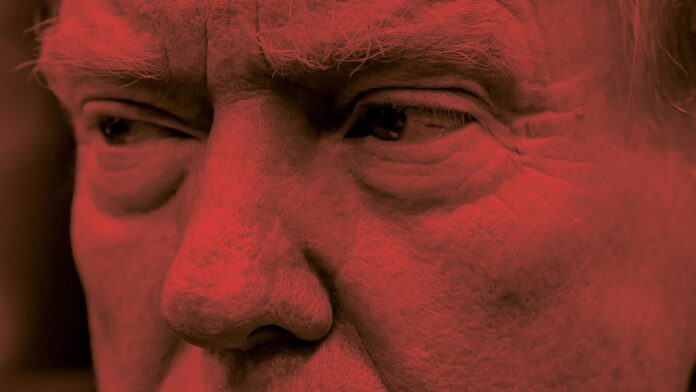Article 1: Gravity and Trump’s Conspiracy Cabinet
Key Falsehoods or Claims: The article discusses the proliferation of conspiracy theories within the Trump administration, including the promotion of baseless claims about election fraud, the deep state, and the COVID-19 pandemic. It also highlights the role of individuals like Michael Flynn and Sidney Powell in perpetuating these theories.
Source: The article is published on Emptywheel, which is known for its critical analysis of government and media. While it may have a bias against the Trump administration, it also relies on factual evidence and sources.
Analysis of Impact: The article argues that the spread of these falsehoods has contributed to a significant portion of the American public believing in these conspiracy theories, as evidenced by polling data. It also discusses how these lies have eroded trust in democratic institutions and contributed to political polarization.
Threat to Democracy: The article posits that the propagation of conspiracy theories by high-ranking officials poses a threat to democracy by undermining the public’s faith in the electoral process and government institutions. It also suggests that the normalization of falsehoods creates a fertile ground for further disinformation campaigns in the future.
Hypothetical Scenarios: If the public continues to believe in these conspiracy theories, it could lead to increased social unrest, decreased confidence in the democratic process, and a reluctance to accept election results. This could have long-term implications for the stability and functioning of the American democracy.
Further Reading: The article recommends exploring reputable sources on media influence and misinformation studies, such as research papers from academic institutions and reports from non-partisan organizations like the Pew Research Center or the RAND Corporation.
Article 2: Emptywheel
Key Falsehoods or Claims: The article focuses on the impact of lies and falsehoods perpetuated by Donald Trump and his administration, particularly regarding issues such as voter fraud, the legitimacy of the 2020 election, and the COVID-19 pandemic.
Source: The article is published on Emptywheel, which is known for its critical analysis of government and media. While it may have a bias against the Trump administration, it also relies on factual evidence and sources.
Analysis of Impact: The article argues that the dissemination of these falsehoods has contributed to a significant portion of the American public believing in these conspiracy theories, as evidenced by polling data. It also discusses how the perpetuation of these lies has eroded trust in democratic institutions and contributed to political polarization.
Threat to Democracy: The article posits that the propagation of conspiracy theories by high-ranking officials poses a threat to democracy by undermining the public’s faith in the electoral process and government institutions. It also suggests that the normalization of falsehoods creates a fertile ground for further disinformation campaigns in the future.
Hypothetical Scenarios: If the public continues to believe in these conspiracy theories, it could lead to increased social unrest, decreased confidence in the democratic process, and a reluctance to accept election results. This could have long-term implications for the stability and functioning of the American democracy.
Further Reading: The article recommends exploring reputable sources on media influence and misinformation studies, such as research papers from academic institutions and reports from non-partisan organizations like the Pew Research Center or the RAND Corporation.
Source link
Redirect URL
